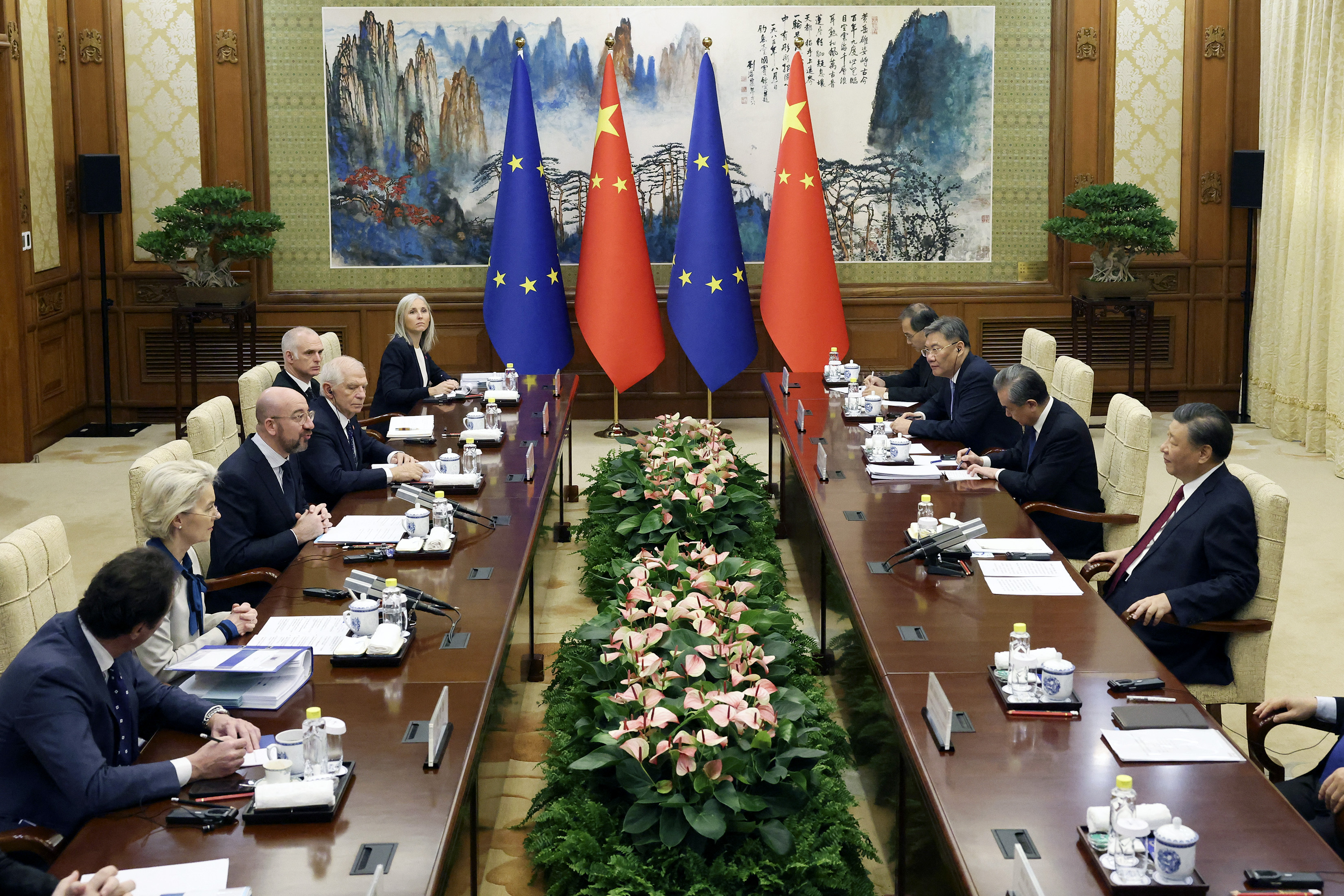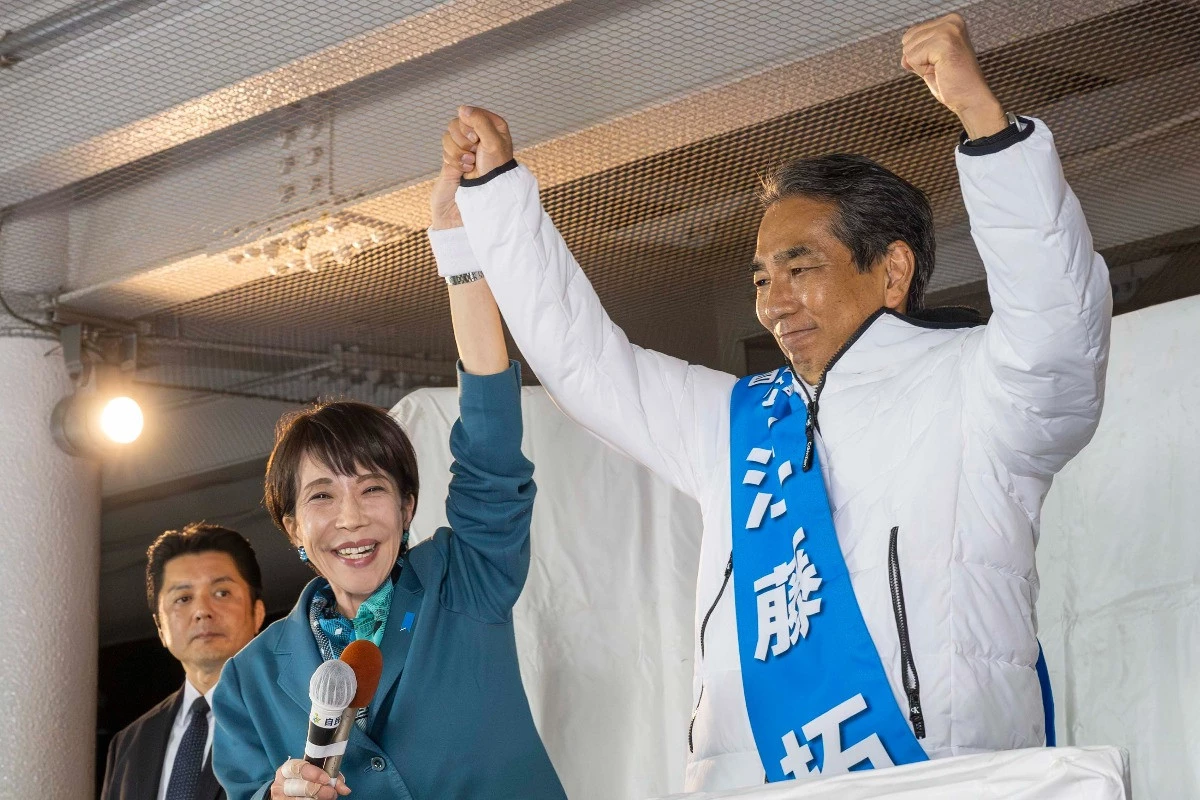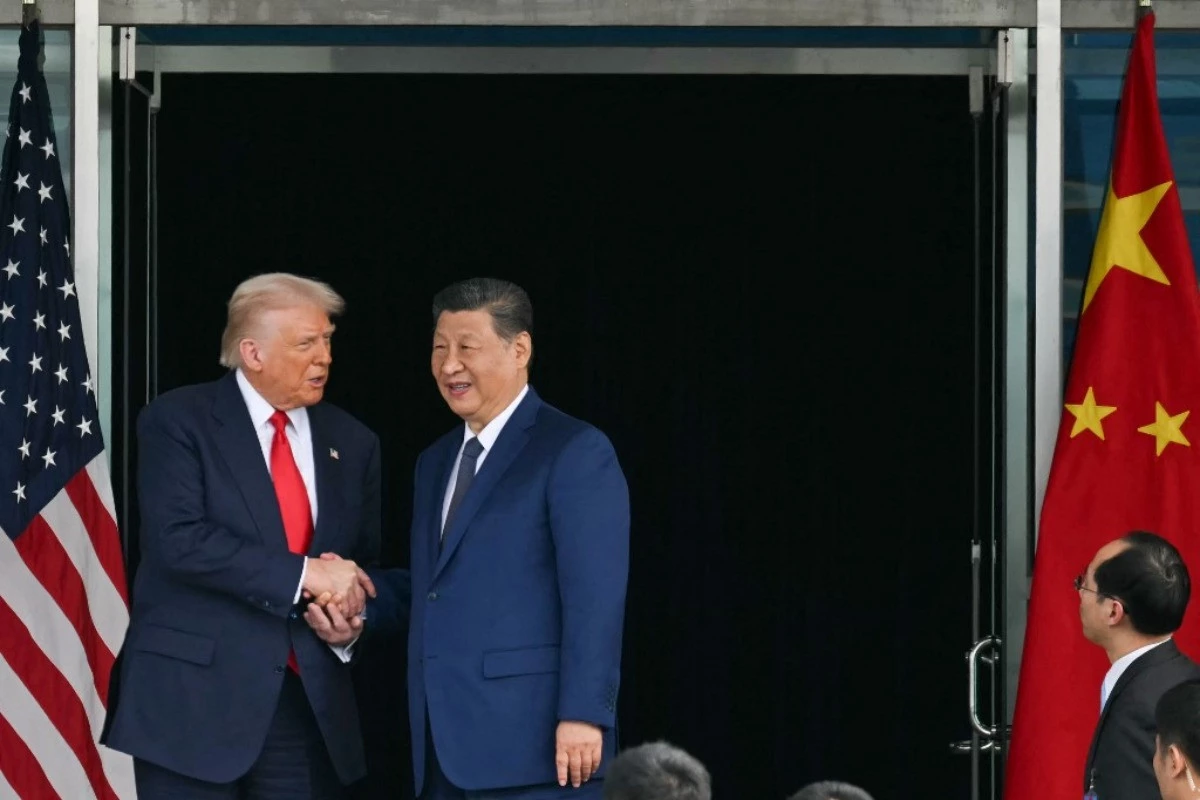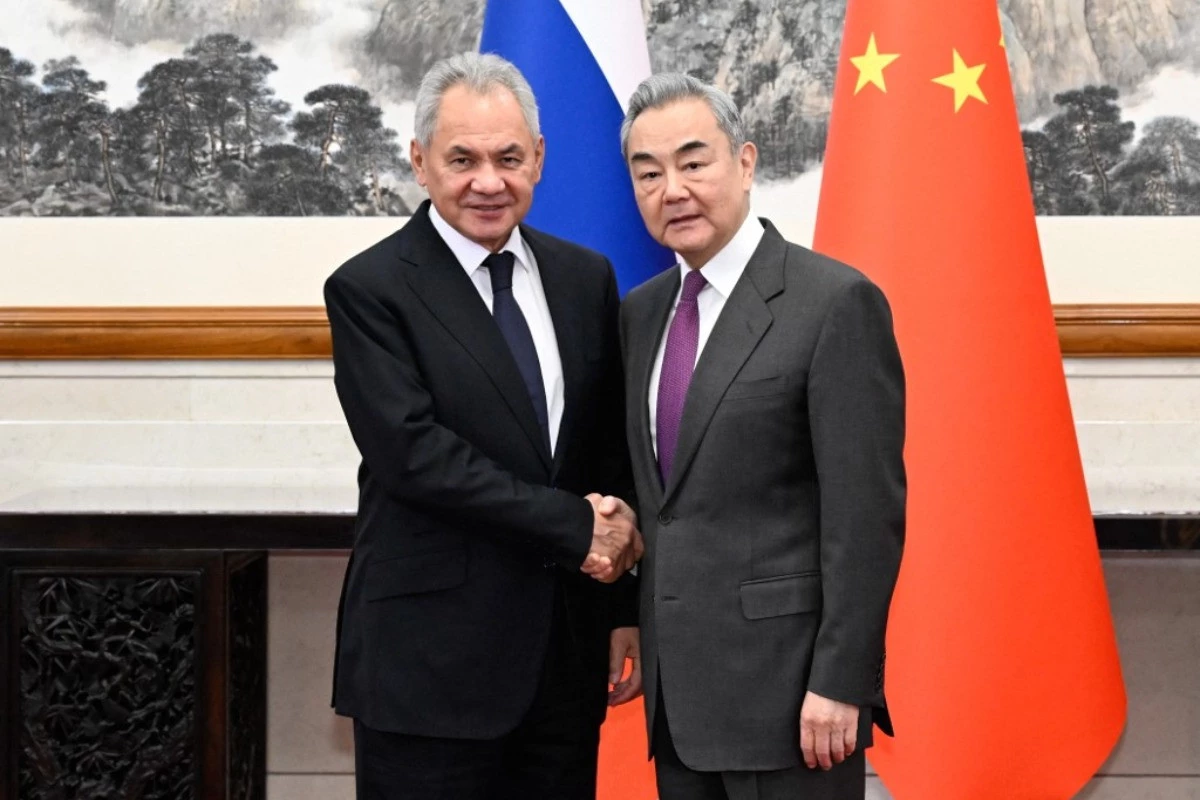
Other areas of tension include Taiwan, the war in Ukraine – and concerns Chinese firms are helping Russia get round sanctions – as well as a growing trade deficit that reached €390 billion (US$420.5 billion) in China’s favour last year, according to the EU.
Despite low expectations there will be substantial progress on these issues, both sides sent positive signals from the morning meeting.
“China is promoting high-quality development and high-level opening-up, and will view the EU as a key partner in trade, a prioritised partner in technology cooperation, and a trustworthy partner in industrial and supply chain cooperation,” Xi said, according to a statement from the Chinese foreign ministry.
“The economies of China and Europe highly complement each other. Both sides should make more efforts to tighten the bonds of the China-EU community of shared interests through deeper and broader cooperation.”

Specifically, he said China and the European Union should “complement each other in markets, capital and technologies; promote upgrades in traditional industries and the development of emerging industries; explore new models of cooperation, create new areas of growth; and together improve industrial and supply chains”, Xi said.
The European leader said they were “looking forward to developing a consistently stable, predictable, sustainable relationship with China”, according to the Chinese statement.
They added that the bloc “hopes to continue dialogue and cooperation” in areas such as trade and the green and digital economies, as well as maintaining supply chains. They also said they wanted to cooperate on global issues such as climate change and artificial intelligence.
In a post on X, formerly Twitter, von der Leyen said the leaders agreed that they have “a joint interest in balanced trade relations” and hope to “increase people-to-people exchanges”.

Japan’s Liberal Democratic Party (LDP) won a historic victory in the snap lower house election held on 8 February, securing more than a two-thirds majority of seats on its own.

Chinese President Xi Jinping said on Wednesday that he hopes to work with U.S. President Donald Trump in the new year to steer the giant ship of China-U.S. relations steadily forward through wind and storms, and accomplish more big things and good things.

China's top diplomat Wang Yi met with Sergei Shoigu, secretary of the Russian Federation Security Council, in Beijing on Sunday.